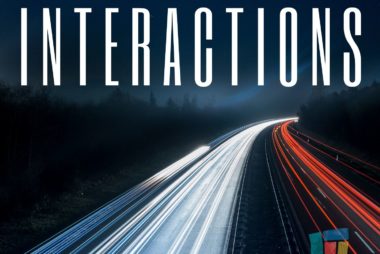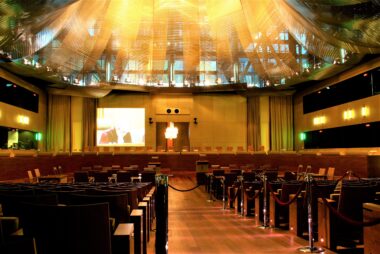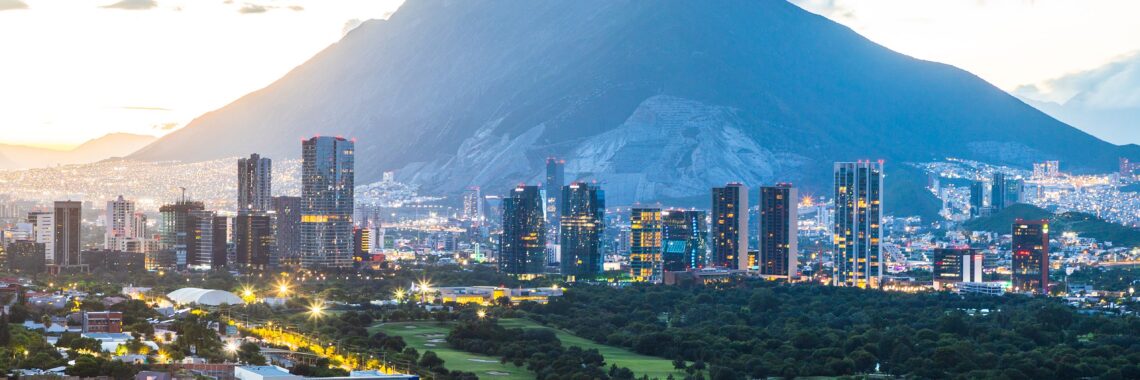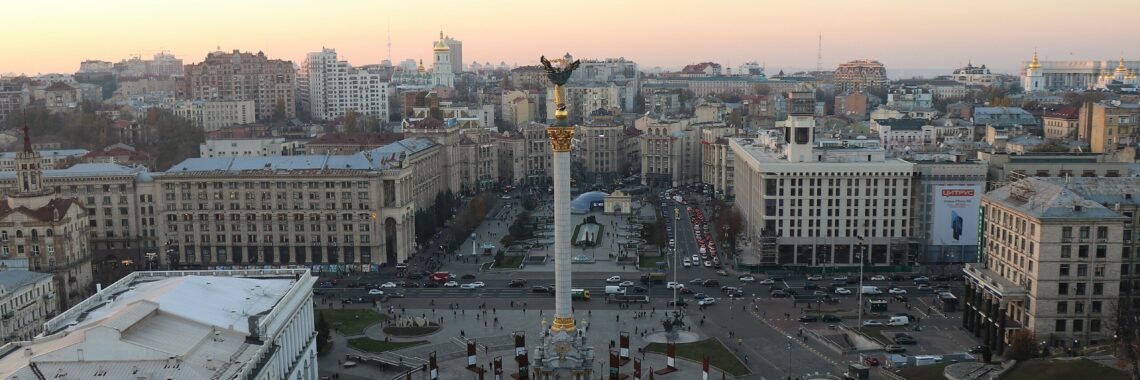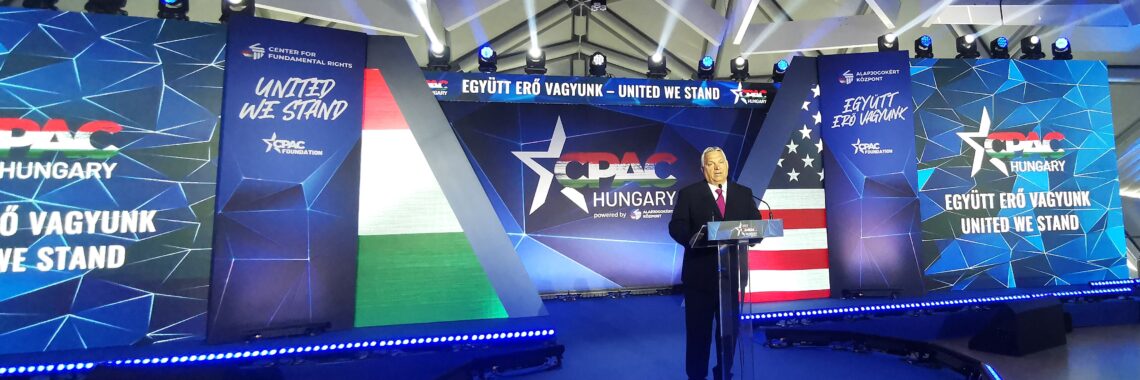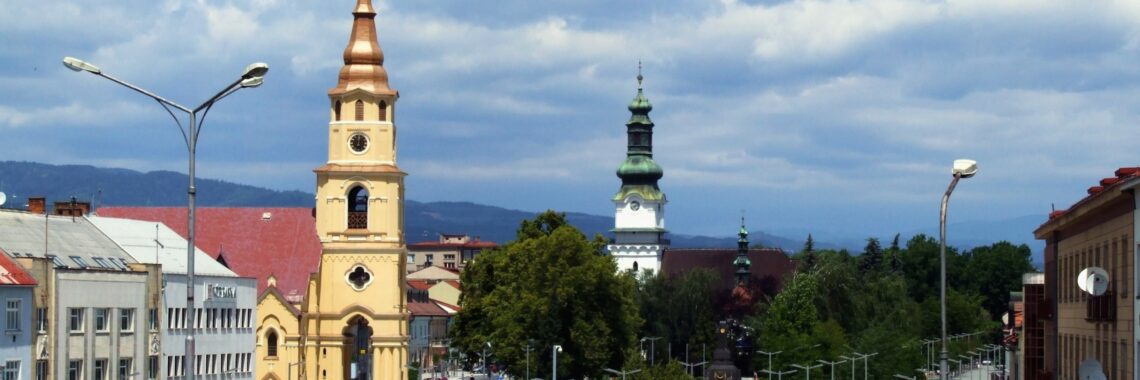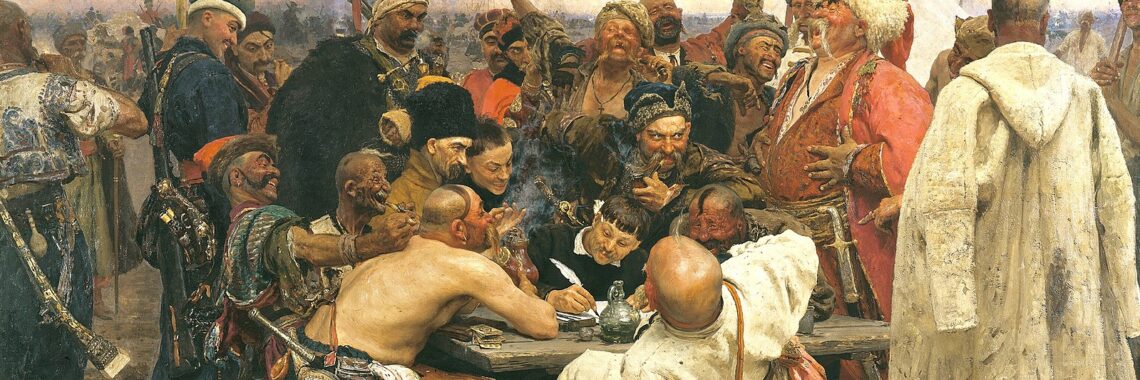“Regulation of FoRB Rights by Organized Crime in Mexico: A Real Although Largely Overlooked Issue” by Teresa I. Flores
San Pedro Garza García, Nuevo León by Mexico Fotos (CC BY SA 2.0). This article is part of our virtual symposium and essay series, “Masking Religious Freedom Violations.” Read more here. On October 20, 2024, two people on a motorcycle shot at priest Marcelo Perez Perez’s vehicle as he left the parish of Guadalupe, located…



